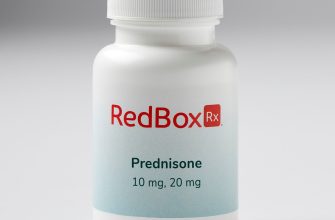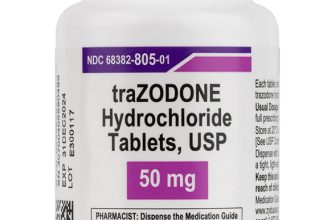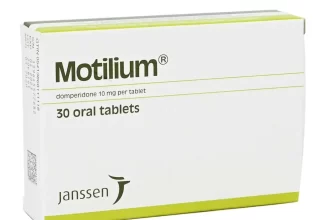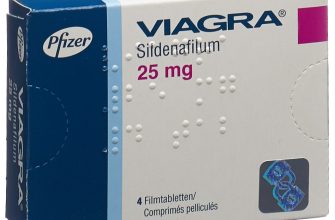Need to understand Warfarin? Regular blood tests are crucial; aim for INR checks every 2-4 weeks initially, then adjusting frequency based on your stability. This ensures your dosage remains within the therapeutic range, minimizing bleeding and clotting risks.
Diet plays a significant role. Consume consistent amounts of Vitamin K-rich foods like leafy greens – significant fluctuations can impact your INR. Your doctor can provide personalized dietary advice, helping you maintain a stable INR while enjoying a varied diet.
Medication interactions are a serious concern. Inform your doctor and pharmacist about all medications, supplements, and even herbal remedies you take. Many common drugs can affect Warfarin’s efficacy, potentially causing dangerous complications. Open communication is key for safe management.
Recognize potential side effects. Unusual bleeding (nosebleeds, bruising), dark urine, or persistent headaches warrant immediate medical attention. Prompt action prevents serious consequences. Keep a record of your INR values and any symptoms experienced; share this information during your appointments.









